When it comes to choosing windows for our homes, durability and longevity are key factors to consider. After all, no one wants to invest in a set of windows only to have them deteriorate and need replacement in a few short years. So, the burning question on everyone’s minds is: what type of windows can stand the test of time? In this article, we’ll explore the various materials and features that contribute to the lifespan of windows, unveiling which ones truly last the longest. Prepare to uncover the secrets to windows that will stand strong for years to come.
Factors to Consider
When it comes to choosing the right windows for our homes, there are several factors that we need to consider. These factors include the material of the windows, the installation process, and the maintenance requirements. By carefully examining these aspects, we can make an informed decision and choose windows that will stand the test of time and meet our needs.
Material
One of the first factors to consider is the material of the windows. There are several options available, including wood, vinyl, fiberglass, aluminum, and composite. Each material has its own set of advantages and disadvantages, so it’s important to understand the characteristics of each before making a decision.
Installation
The installation process is another crucial factor to consider. Proper installation is essential to ensure the longevity and performance of the windows. It’s important to hire a professional installer who has experience and expertise in installing the specific type of windows you choose. A poorly installed window can lead to air leaks, water infiltration, and decreased energy efficiency.
Maintenance
Maintenance is an important aspect to consider when choosing windows that will last the longest. Different materials have different maintenance requirements. Wood windows, for example, may require regular painting or sealing to protect them from the elements. Vinyl windows, on the other hand, are low maintenance and generally only require occasional cleaning. Understanding the maintenance needs of the windows we choose will help us determine if we are willing to commit to the necessary upkeep.
Wood Windows
Wood windows have been a popular choice for centuries, and for good reason. They offer a timeless aesthetic and can add warmth and character to any home. Wood windows are known for their durability and strength, making them a good long-term investment. However, there are some drawbacks to consider.
Pros
One of the main advantages of wood windows is their aesthetic appeal. They have a classic and elegant look that can enhance the overall appearance of a home. Wood windows also offer excellent insulation properties, helping to keep our homes comfortable and energy-efficient. Another advantage of wood windows is their versatility. They can be customized to fit any size or shape, allowing for various design possibilities.
Cons
While wood windows have many benefits, they also have some downsides. One of the main drawbacks is their susceptibility to rot and decay. Without proper maintenance, wood windows can deteriorate over time and require costly repairs or replacements. Wood windows also require regular painting or staining to protect them from the elements. Additionally, wood windows tend to be more expensive than other options, making them less budget-friendly.
Average Lifespan
With proper maintenance and care, wood windows can last for decades. On average, well-maintained wood windows can last around 30 years or longer. Regular painting, sealing, and repairs can help extend the lifespan of wood windows and ensure they continue to perform well.
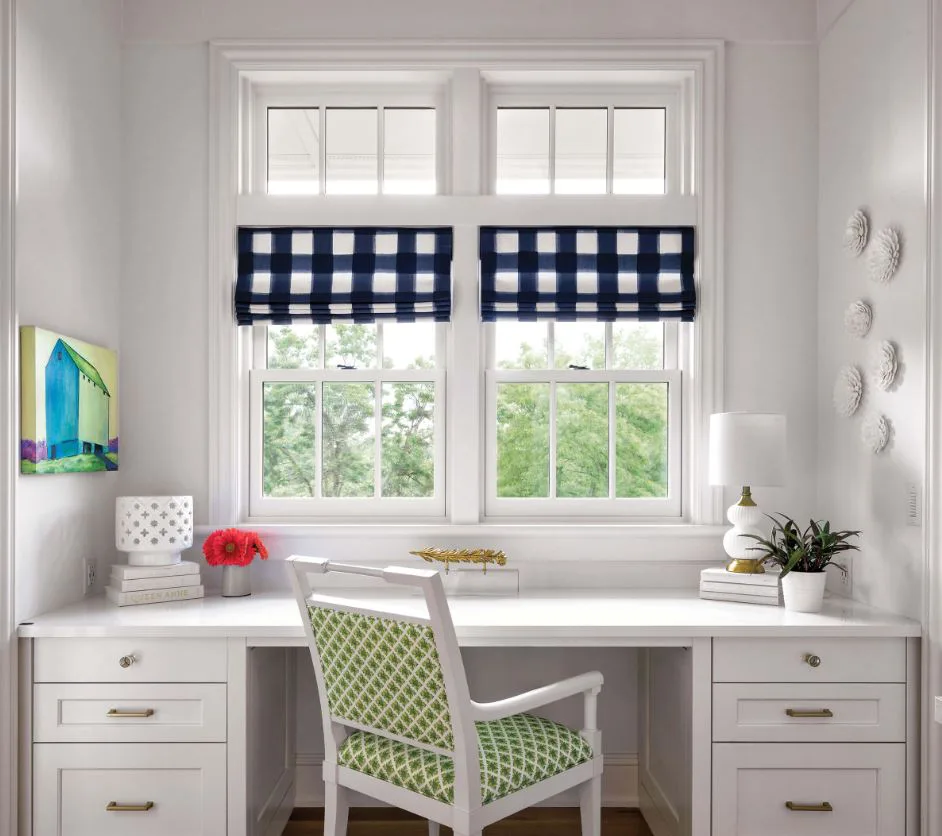
This image is property of www.signaturewindow.com.
Vinyl Windows
Vinyl windows have become increasingly popular in recent years due to their affordability and low maintenance requirements. They offer several advantages over other materials, but there are also some disadvantages to consider.
Pros
One of the main advantages of vinyl windows is their cost-effectiveness. They are generally less expensive than wood or fiberglass windows, making them a more budget-friendly option. Vinyl windows are also highly resistant to moisture, which helps prevent rot and decay. Additionally, they require minimal maintenance and can be cleaned easily with just soap and water. Another benefit of vinyl windows is their excellent energy efficiency. They often come with features like double or triple glazing, low-emissivity coatings, and insulated frames, which help reduce energy loss and lower utility bills.
Cons
One of the main disadvantages of vinyl windows is their limited color options. While there are a variety of colors available, they cannot be easily painted or stained like wood windows. This means that if we want to change the color of our windows in the future, we would need to replace them entirely. Another drawback of vinyl windows is their tendency to expand and contract with temperature fluctuations, which can affect their durability and lifespan. Additionally, vinyl windows may not have the same level of aesthetic appeal as other materials.
Average Lifespan
Vinyl windows are known for their durability and can last for an average of 20 to 40 years, depending on the quality of the windows and the climate they are exposed to. With proper care and maintenance, vinyl windows can remain in good condition for many years.
Fiberglass Windows
Fiberglass windows have gained popularity in recent years due to their durability and energy efficiency. They offer several advantages, but there are also some drawbacks to consider.
Pros
One of the main advantages of fiberglass windows is their strength and durability. They are highly resistant to cracking, warping, and rotting, making them a long-lasting option. Fiberglass windows also offer excellent thermal performance, helping to keep our homes comfortable and energy-efficient. They are often available in a wide range of styles and finishes, allowing for customization to suit our preferences.
Cons
One of the main drawbacks of fiberglass windows is their higher initial cost compared to other materials. They tend to be more expensive than vinyl or wood windows, which may not be feasible for those on a tight budget. Additionally, fiberglass windows can be more difficult to find and install, as they are not as widely available as other options. Lastly, fiberglass windows may not have the same aesthetic appeal as wood or vinyl windows, which are known for their classic and versatile designs.
Average Lifespan
Fiberglass windows are known for their longevity and can last for an average of 30 to 50 years or more. With minimal maintenance, they can continue to perform well and provide energy efficiency for decades.
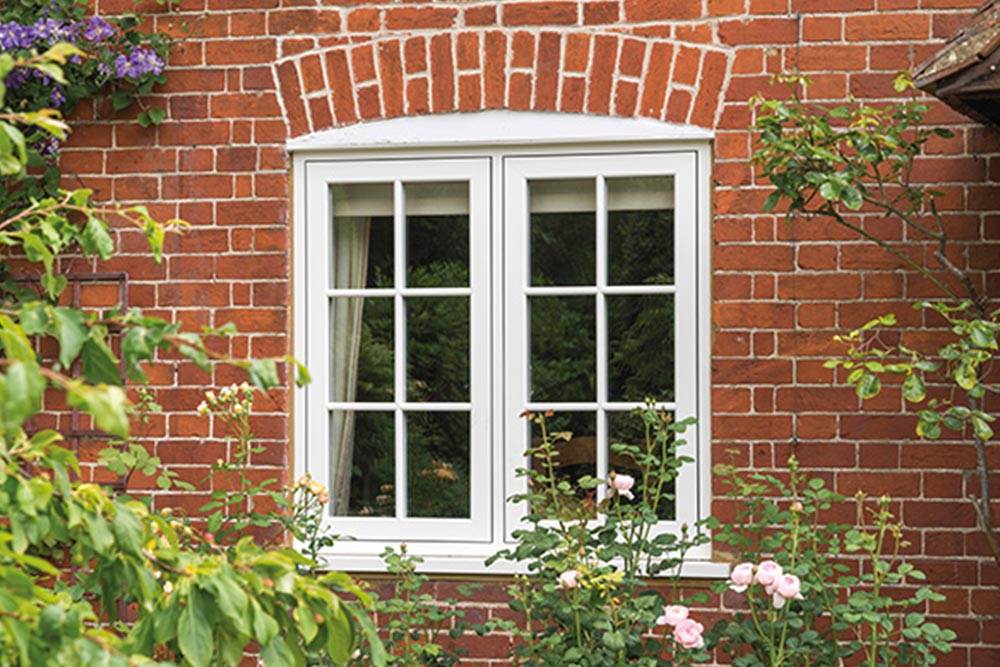
This image is property of www.barnetwindowcompany.co.uk.
Aluminum Windows
Aluminum windows have been a popular choice for commercial buildings for many years, but they are also gaining traction in residential settings. They offer unique advantages, but there are also some disadvantages to consider.
Pros
One of the main advantages of aluminum windows is their strength and durability. They are highly resistant to corrosion and weathering, making them suitable for various climates. Aluminum windows also offer excellent insulation properties, helping to keep our homes comfortable and energy-efficient. Additionally, they are low maintenance and can be easily cleaned with just soap and water. Aluminum windows often come in sleek and modern designs, making them a popular choice for contemporary homes.
Cons
One of the main drawbacks of aluminum windows is their poor thermal performance. Aluminum is a highly conductive material, which means it can transfer heat and cold more easily. This can result in decreased energy efficiency and potential drafts. Additionally, aluminum windows may not have the same aesthetic appeal as other materials, and their color options can be limited. Lastly, aluminum windows can be more expensive than other options, especially if we choose high-quality and thermally improved models.
Average Lifespan
With regular maintenance and care, aluminum windows can have an average lifespan of 20 to 30 years. However, their lifespan can be significantly reduced in coastal areas or areas with high humidity, as they are more prone to corrosion in these environments.
Composite Windows
Composite windows offer a combination of different materials, often combining wood and vinyl or fiberglass. They provide the benefits of multiple materials, but there are also some considerations to keep in mind.
Pros
One of the main advantages of composite windows is their versatility and durability. They are engineered to withstand various weather conditions and are highly resistant to rotting, warping, and cracking. Composite windows also offer excellent thermal performance, helping to reduce energy loss and maintain a comfortable indoor environment. Additionally, they often come in a variety of colors and finishes, allowing for customization and design flexibility.
Cons
One of the main disadvantages of composite windows is their higher initial cost compared to other options. They tend to be more expensive than vinyl or aluminum windows, which may not be suitable for those with a limited budget. Additionally, composite windows may not have the same aesthetic appeal as wood or fiberglass windows, which are known for their natural beauty. Lastly, composite windows may require occasional painting or staining to maintain their appearance, depending on the specific materials used.
Average Lifespan
Composite windows are designed to last and can have an average lifespan of 30 to 50 years or more. With proper maintenance and care, they can continue to perform well and provide excellent energy efficiency throughout their lifespan.
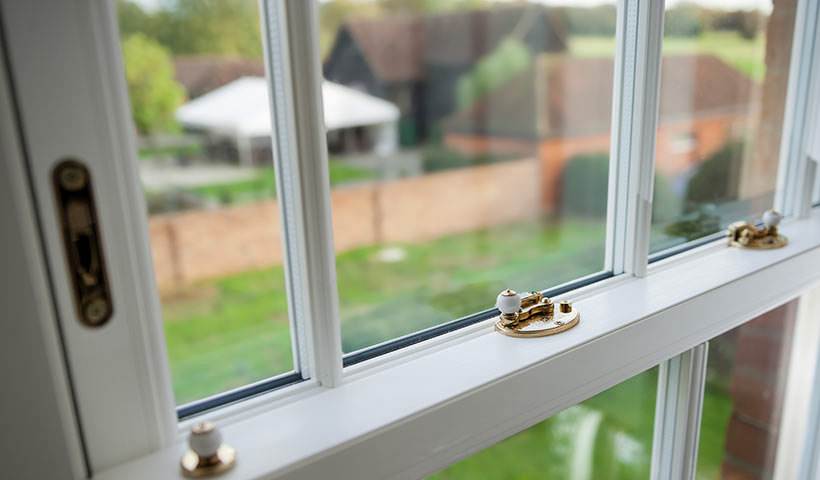
This image is property of www.barnetwindowcompany.co.uk.
Energy Efficiency
Energy efficiency is an important consideration when choosing windows that will last the longest. Energy-efficient windows can help reduce energy consumption, lower utility bills, and improve the overall comfort of our homes. There are several factors to consider when evaluating the energy efficiency of windows.
U-Factor
The U-factor measures the rate of heat transfer through the windows. A lower U-factor indicates better insulation and higher energy efficiency. When choosing windows, it’s important to look for low U-factor values to ensure optimal energy performance.
Solar Heat Gain Coefficient (SHGC)
The SHGC measures the amount of solar heat that can pass through the windows. A lower SHGC indicates less heat gain, which is beneficial in warm climates. However, in colder climates, a higher SHGC can help maximize solar heat gain and reduce heating costs.
Visible Transmittance (VT)
The VT measures the amount of visible light that can pass through the windows. A higher VT value indicates more natural light, which can help reduce the need for artificial lighting during the day. When choosing windows, it’s important to strike a balance between energy efficiency and the desired level of natural light.
Window Styles
The style of windows we choose can greatly impact the overall look and functionality of our homes. There are several window styles to consider, each with its own advantages and considerations.
Single-Hung Windows
Single-hung windows are a classic and popular choice. They consist of two sashes, with the bottom sash being movable and the top sash fixed. Single-hung windows are easy to operate, offer good ventilation, and are generally more affordable compared to other styles.
Double-Hung Windows
Double-hung windows are similar to single-hung windows, but both the top and bottom sashes are movable. This allows for greater ventilation control and easy cleaning, as the sashes can be tilted inward. Double-hung windows have a more traditional look and are suitable for various architectural styles.
Casement Windows
Casement windows are hinged on one side and open outward with the use of a crank or lever. They offer excellent ventilation and unobstructed views, as the entire window can be opened. Casement windows are also highly energy-efficient, as they provide a tight seal when closed.
Slider Windows
Slider windows consist of two or more horizontal sashes that slide horizontally past each other. They are easy to operate and provide good ventilation. Slider windows are a popular choice for modern and contemporary homes.
Bay Windows
Bay windows consist of three windows that protrude from the exterior of the house, creating a visual focal point. They offer expansive views, increased natural light, and additional seating or storage space. Bay windows can enhance the overall aesthetic of a home, but they may require more maintenance and can be more expensive to install.
Bow Windows
Bow windows are similar to bay windows but consist of four or more windows instead of three. They create a curved appearance, offering a softer and more graceful look compared to bay windows. Bow windows provide panoramic views and can make a room feel more spacious and inviting.
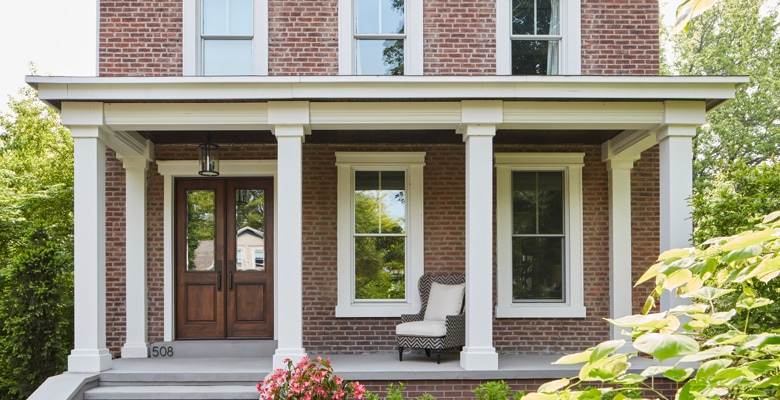
This image is property of www.pellabranch.com.
Environmental Impact
Considering the environmental impact of the windows we choose is becoming increasingly important. Sustainable and recyclable materials help reduce the carbon footprint and ensure a more eco-friendly choice.
Sustainability
Wood windows, when sourced from sustainably managed forests, can be a sustainable choice. By choosing wood windows with Forest Stewardship Council (FSC) certification, we can support responsible forest management practices. Fiberglass and composite windows can also be considered sustainable, as they often include recycled materials.
Recyclability
Vinyl and aluminum windows are recyclable, which means they can be melted down and used to create new products. It’s important to properly dispose of old windows and ensure they are recycled to minimize waste and maximize resource efficiency.
Cost Considerations
Cost is an essential factor to consider when choosing windows that will last the longest. Understanding the initial cost, maintenance cost, and potential energy savings can help us make a financially sound decision.
Initial Cost
The initial cost of windows will vary depending on the material, style, size, and features. Wood and fiberglass windows tend to be more expensive compared to vinyl or aluminum windows. It’s important to consider our budget and evaluate the long-term benefits and durability of the windows when weighing the initial cost.
Maintenance Cost
The maintenance cost of windows should be considered over their lifespan. Wood windows may require regular painting or sealing, which can incur additional costs. Vinyl and aluminum windows, on the other hand, have low maintenance requirements and may only require occasional cleaning. It’s important to factor in the potential long-term maintenance costs when choosing windows.
Energy Savings
Energy-efficient windows can help reduce heating and cooling costs, resulting in long-term energy savings. While energy-efficient windows may have a higher upfront cost, the potential savings on utility bills can offset this over time. It’s important to consider the energy performance and the potential return on investment when evaluating the cost of windows.
In conclusion, choosing windows that will last the longest requires careful consideration of various factors. The material, installation process, maintenance requirements, and energy efficiency should all be carefully evaluated. Wood, vinyl, fiberglass, aluminum, and composite windows each have their own advantages and disadvantages. Understanding the average lifespan of each material can help make an informed decision. Additionally, considering the environmental impact, window styles, and cost considerations will further aid in selecting the right windows for our homes. By taking the time to research and evaluate these factors, we can make a choice that meets our needs, enhances the aesthetics of our homes, and stands the test of time.
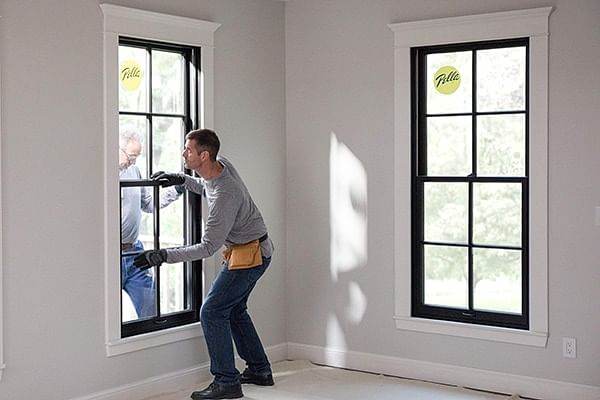
This image is property of pellabranch-prod.gumlet.io.
